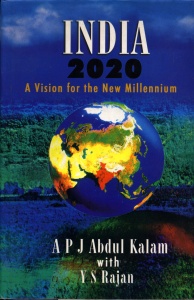
Avul Pakir Jainulabdeen Abdul KalamBR was an Indian aerospace scientist and statesman who served as the 11th president of India from 2002 to 2007. Born and raised in a Muslim family in Rameswaram, Tamil Nadu, he studied physics and aerospace engineering. He spent the next four decades as a scientist and science administrator, mainly at the Defence Research and Development Organisation (DRDO) and Indian Space Research Organisation (ISRO) and was intimately involved in India's civilian space programme and military missile development efforts. He thus came to be known as the Missile Man of India for his work on the development of ballistic missile and launch vehicle technology. He also played a pivotal organisational, technical, and political role in India's Pokhran-II nuclear tests in 1998, the first since the original nuclear test by India in 1974.
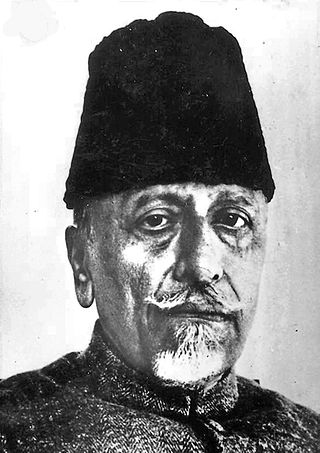
Abul Kalam Ghulam Muhiyuddin Ahmed bin Khairuddin Al-Hussaini Azad ; 11 November 1888 – 22 February 1958) was an Indian independence activist, writer and a senior leader of the Indian National Congress. Following India's independence, he became the First Minister of Education in the Indian government. He is commonly remembered as Maulana Azad; the word Maulana is an honorific meaning 'Our Master' and he had adopted Azad (Free) as his pen name. His contribution to establishing the education foundation in India is recognised by celebrating his birthday as National Education Day across India.
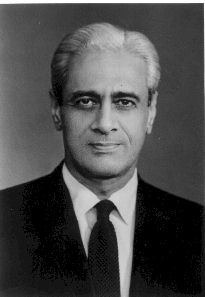
Satish Dhawan was an Indian mathematician and aerospace engineer, widely regarded as the father of experimental fluid dynamics research in India. Born in Srinagar, Dhawan was educated in India and further on in United States. Dhawan was one of the most eminent researchers in the field of turbulence and boundary layers, leading the successful and indigenous development of the Indian space programme. He succeeded M. G. K. Menon, as the third chairman of the Indian Space Research Organisation (ISRO) in 1972. The second launch pad of ISRO, Satish Dhawan space centre is named after him. He is greatly regarded as the man behind A. P. J. Abdul Kalam.

Colathur Rama Krishnaswamy Rao Sahib was an Indian civil servant who served as 15th Cabinet Secretary of India from 1981-1985. He also served as the Secretary to Prime Minister Charan Singh. when Indira Gandhi became the Prime Minister of India. He was awarded the second highest civilian honor of India, Padma Vibhushan in 2006, besides the Great Maratha Award in 2009. His maternal grandfather was R. Ramachandra Rao, Collector of Nellore, who helped Srinivasa Ramanujan during the latter's formative years.
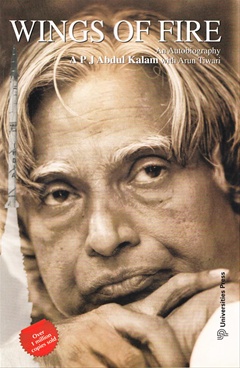
Wings of Fire (1999), is the autobiography of the Missile Man of India and the former President of India, Dr. A. P. J. Abdul Kalam. It was written by him and Arun Tiwari.
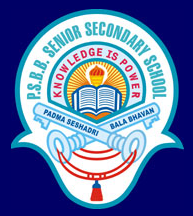
Padma Seshadri Bala Bhavan (PSBB) is a group of schools located in Chennai, India. The school was founded by educationalist Rajalakshmi Parthasarathy (1925–2019), Vanjulam Chari and many other ladies of Nungambakkam Ladies Recreation Club (NLRC).
Indomitable Spirit is a book authored by A. P. J. Abdul Kalam, the former president of India. The cover page of the book says it "brings together the values, thoughts and ideas of President Kalam as reflected in his speeches and addresses. Interspersed with interesting anecdotes and observations, Indomitable Spirit represents the quintessential APJ Abdul Kalam - the man, the scientist, the teacher and the President."
India: Vision 2020 is a document prepared under the chairmanship of S. P. Gupta, Planning Commission.

The HSTDV is an unmanned scramjet demonstration aircraft for hypersonic flight. It is being developed as a carrier vehicle for hypersonic and long-range cruise missiles, and will have multiple civilian applications including the launching of small satellites at low cost. The HSTDV program is being run by the Defence Research and Development Organisation (DRDO).
Kaniyan Poongunranar, also Poongundranar or Pungundranar, was an influential Tamil philosopher from the Sangam age from around 6th century BCE. His name Kaniyan implies that he was an Kaala Kanithar (astronomer). Kaniyan was born and brought up in Mahibalanpatti, a village panchayat in Tamil Nadu's Sivaganga district. He composed two poems in Purananuru and Natrinai.
Unified settlement planning (USP) is the component of regional planning where a unified approach is applied for a region's overall development. The USP approach is most often associated with urban planning practices in India.

Colathur Rama Krishnaswamy Rao Sahib was an Indian civil servant who served as 15th Cabinet Secretary of India from 1981-1985. He also served as the Secretary to Prime Minister Charan Singh. when Indira Gandhi became the Prime Minister of India. He was awarded the second highest civilian honor of India, Padma Vibhushan in 2006, besides the Great Maratha Award in 2009. His maternal grandfather was R. Ramachandra Rao, Collector of Nellore, who helped Srinivasa Ramanujan during the latter's formative years.
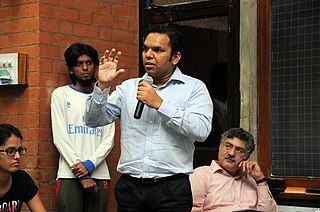
Srijan Pal Singh is an Indian author, public speaker and social entrepreneur. He was born in Lucknow, Uttar Pradesh.
Natesan Srinivasan (1919–1965) was a pioneer of aircraft design and aeronautics education in India. He made key contributions to aeronautics education and aviation development just as India emerged as an independent nation in 1947. He served as the Director of the Madras Institute of Technology from 1954 to 1959, where the future President of India, Abdul Kalam, was one of his students. His ideas, highlighted in his book, helped set up the vision for national aviation development in India. At the time of his untimely death, he was the project director for the AVRO project in Kanpur, India.

Yagnaswami Sundara Rajan or Y. S. Rajan is an Indian professor, scientist and administrator. He is Honorary Distinguished Professor in Indian Space Research Organisation. He has made major contributions to various aspects of management of science, technology and innovation. In 2012, he was awarded with Padma Shri for his contributions in science and engineering. He is one of the well known scientists who has closely worked with Abdul Kalam, former President of India.
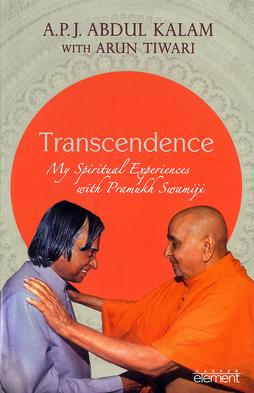
Transcendence: My Spiritual Experiences with Pramukh Swamiji is a book written by A. P. J. Abdul Kalam, the 11th President of India and a pioneering scientist. Co-authored by Professor Arun Tiwari and published by HarperCollins India, the book describes Kalam's spiritual experiences with and reflections on Pramukh Swami Maharaj, the guru and spiritual leader of the BAPS Hindu organization. Kalam recounted the spiritual transformation he experienced during his fourteen-year association with Pramukh Swami, described the inspiration he obtained from Pramukh Swami's leadership of BAPS, and expressed his vision for a society in which science and spirituality are fused. Kalam stated that he saw in Pramukh Swami "a true embodiment of transcendence," and titled the book to reflect his belief that Pramukh Swami is gunatit, a term signifying transcendence of ephemeral qualities and the modes of nature.

Salil Gewali is an Indian researcher, writer and journalist. He is a writer of 18 books, including school textbooks. He is best known for the publication of the book Great Minds on India. The outcome of an extensive research spanning over two decades, the title by Gewali has been translated into fifteen languages.

Arun Kumar Tiwari is an Indian missile scientist, author, and professor. He has written several books and co-authored 5 books with Dr. APJ Abdul Kalam, including Wings of Fire, the autobiography of Dr. APJ Abdul Kalam, former president of India. Published in 1999, Wings of Fire has become a modern classic with over 30 reprints selling over a million copies and was translated into 18 languages.

Opposition to the Partition of India was widespread in British India in the 20th century and it continues to remain a talking point in South Asian politics. Those who opposed it often adhered to the doctrine of composite nationalism in the Indian subcontinent. The Hindu, Christian, Anglo-Indian, Parsi and Sikh communities were largely opposed to the Partition of India, as were many Muslims.
Masha Nazeem is an Indian inventor was born and brought up from Nagercoil in Kanniyakumari district. In 2005 during her eighth grade she designed a hi-tech train toilet that gained her two national and one international awards.
